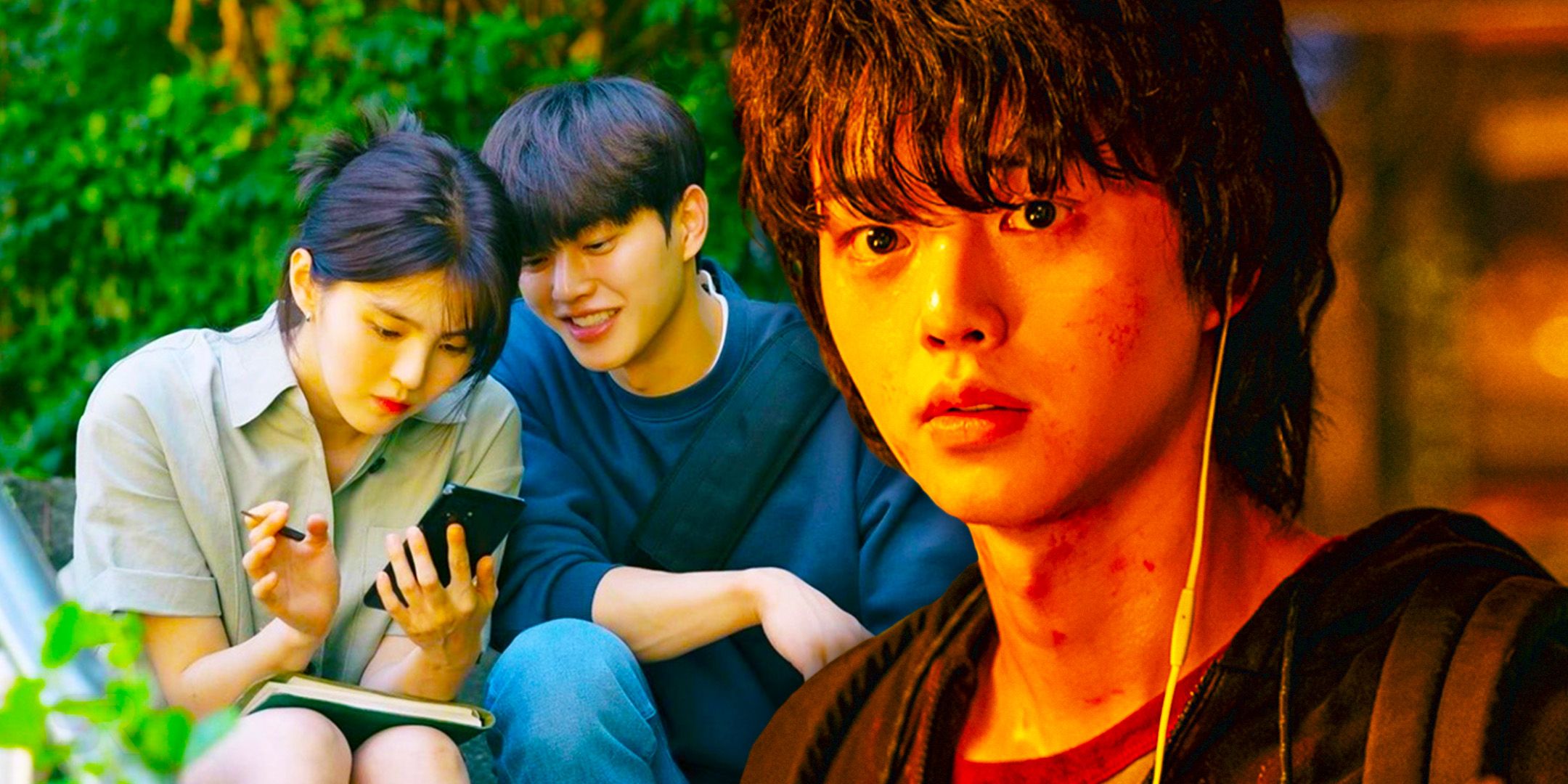Entertainment
Final Season of ‘Sweet Home’ Concludes as Fans Hope for Redemption

‘Sweet Home,’ the inaugural U.S. adaptation of a South Korean webtoon, has officially closed its chapter with the release of its highly anticipated third season on July 19, 2024. This Netflix series, which began streaming its first season in December 2020, explores the harrowing experiences of residents in an apartment complex as they grapple with a monstrous apocalypse driven by deep-seated human desires.
The narrative hinges on the evolution of ordinary individuals into multifaceted creatures, each transformation reflecting their intrinsic desires or fears. Despite not being overtly evil, these newly formed monsters pose a threat to one another and the dwindling human populace, forcing them into a dystopian survival scenario.
‘Sweet Home’ resonated profoundly with audiences during its initial season, mirroring the global upheaval of a real-life pandemic. However, the release of its second season three years later received mixed reactions. Viewers were notably disappointed with the shift away from beloved original characters, opting instead for an expanded universe and new faces that many felt overshadowed the series’ core.
The final eight episodes of ‘Sweet Home’ aim to rectify some grievances from the previous season, with a renewed focus on familiar characters and their arcs. Central to the story is Cha Hyun-su, played by Song Kang, who has been marked by tragedy and despair since the onset of the apocalypse. Initially depicted as a despondent young man contemplating suicide, Hyun-su’s trajectory takes a decisive turn as he becomes a protector for the residents of Green Home, albeit while grappling with his own impending monsterization.
Throughout the series, Hyun-su emerges as a ‘Special Infectee,’ a rare individual who possesses the ability to partially control his monsterization. His affinity for protective transformation manifests through his massive, bladed wings, which offer us a glimpse into his internal struggles. In the second season, his capacity to revert monsters back to their humanity is revealed, intertwining his fate with that of Seo Yi-kyung, a firefighter from the Green Home whose life is deeply affected by the chaos around them.
In season two, there is a notable introduction of antagonists, including Jung Ui-myeong, a psychopathic ‘Special Infectee’ who commandeers the body of the beloved character Sang-wook. This character’s tragic arc is compounded by the revelation of his origins and his prior voluntary participation as a test subject in monstrous experiments, leading to a fractured identity and chilling consequences for those around him.
As the series unfolds, the interpersonal dynamics intensify, particularly surrounding Yi-kyung and her daughter, Yi-su, who is caught between the realms of humanity and monstrosity after being monsterized while still in gestation. The mother-daughter duo grapples with acceptance and the consequences of their intertwining fates throughout season two.
Season three ramps up the complexity by introducing the concept of ‘neohumans,’ a transformative stage in the monster cycle. Characters resurrected from monstrous demise emerge as emotionally detached yet physically enhanced beings, presenting a profound exploration of identity and humanity’s evolution. The neohumans are particularly illustrated through Lee Eun-hyuk, who struggles with his new existence after a pivotal confrontation.
Following the climax of season two, the stakes escalate as Hyun-su and Eun-hyuk forge an alliance against the increasingly malevolent Sang-won. With the setting transitioning to a war-torn stadium inhabited by survivors, tensions rise as various factions vie for power and dominance amidst the chaos.
The culmination of season three brings heart-wrenching loss as Sang-won attempts to reclaim his daughter’s powerful form, leading him down a path marked by desperate decisions. Yi-su’s sacrifice is pivotal, ultimately leaving a deep impact on Hyun-su, who is propelled by grief and the urgency to safeguard his new family.
By the end of the series, viewers witness a convoluted yet satisfying resolution as characters confront their paths, some emerging victorious while others succumb to tragic fates. ‘Sweet Home’ ultimately leaves its audience with a blend of hope and uncertainty, inviting reflection on the duality of mankind amidst the fantastical horrors they face.
In a close that harkens back to the series’ genesis, the final scene underscores themes of home and belonging. Hyun-su finds purpose amongst survivors and neohumans, suggesting a reconciliatory future where all beings might coalesce into a single community. The elegant juxtaposition of the familiar and the unknown encapsulates the essence of ‘Sweet Home,’ marking its legacy as both a tale of survival and a poignant meditation on humanity’s fragility and resilience.












